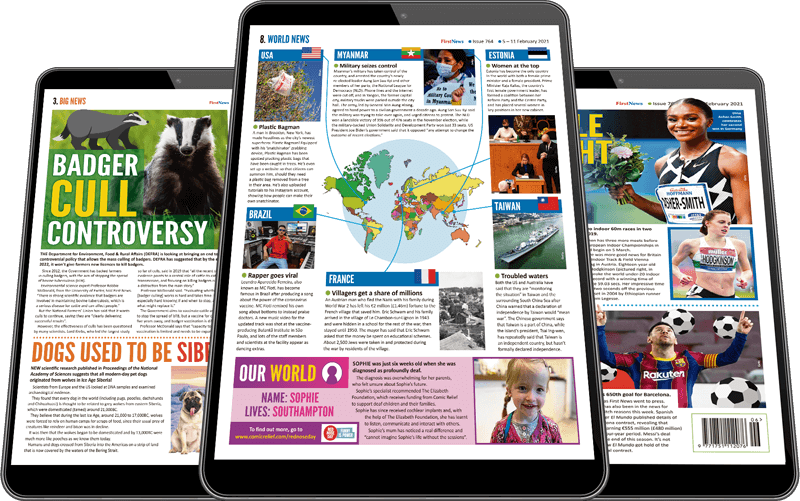
Explaining Brexit to children
After years of tantrums, time-wasting and tonnes of articles about why Brexit will be amazing or awful, Brexit Day is finally here this week. However you feel about that, Friday 31 January is the point of no return when the UK leaves the EU. The moment arrives at 11pm our time, as that’s when it’ll be midnight in Brussels, the home of the EU.
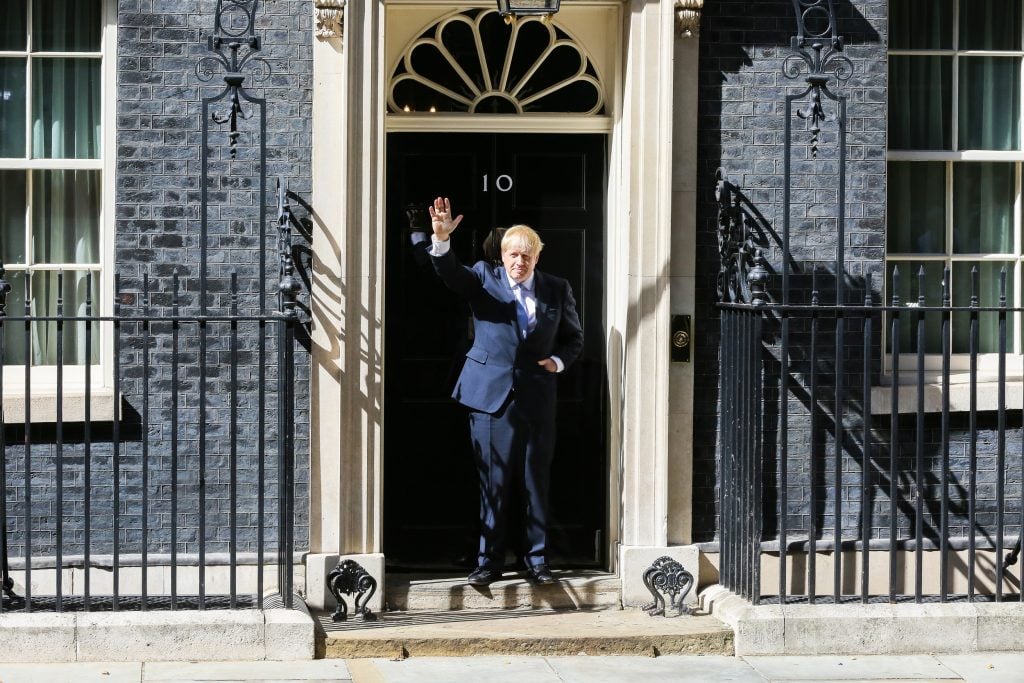
But as you know by now, the only thing certain about Brexit is the uncertainty, so we haven’t properly left yet. The only (sort of) definite date in the diary is 31 December this year, which is when what’s called the transition period ends.
For now, the only thing that’s really changed is that our MEPs will all be coming home and we won’t have any say in how the EU’s rules are made, although we will still have to stick to them.
Before the end of the transition period, the UK will have to negotiate our future relationship with the EU, including which of their laws and rules we will use. In the meantime, businesses can still trade in the same way and Brits can still work and travel in the EU as normal.
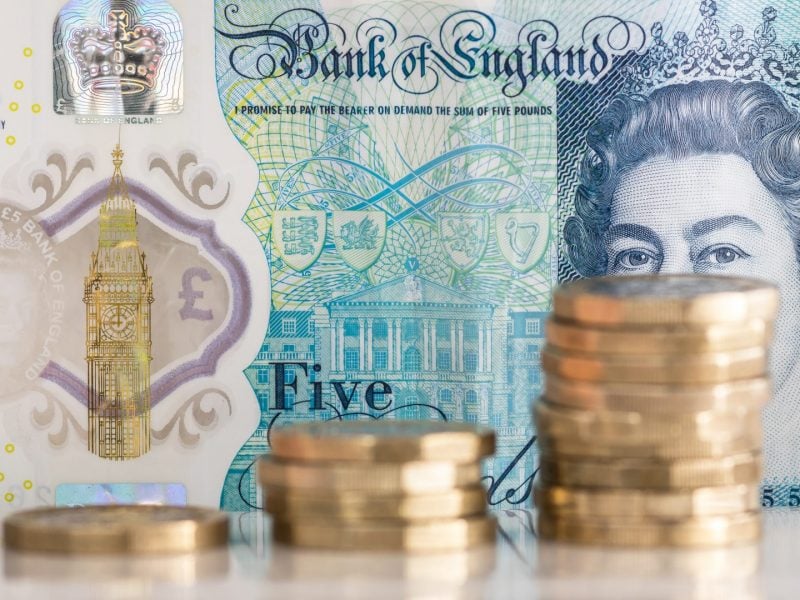
Starting in March, our Government will try to reach an agreement with the EU, on trade, fishing rights, security arrangements and everything else. If a deal is agreed, we’ll leave the EU and go ahead with these new rules in place. If not, we’ll leave anyway without a deal, but many businesses are terrified of this prospect because it could lead to higher costs and delays sending their products to Europe
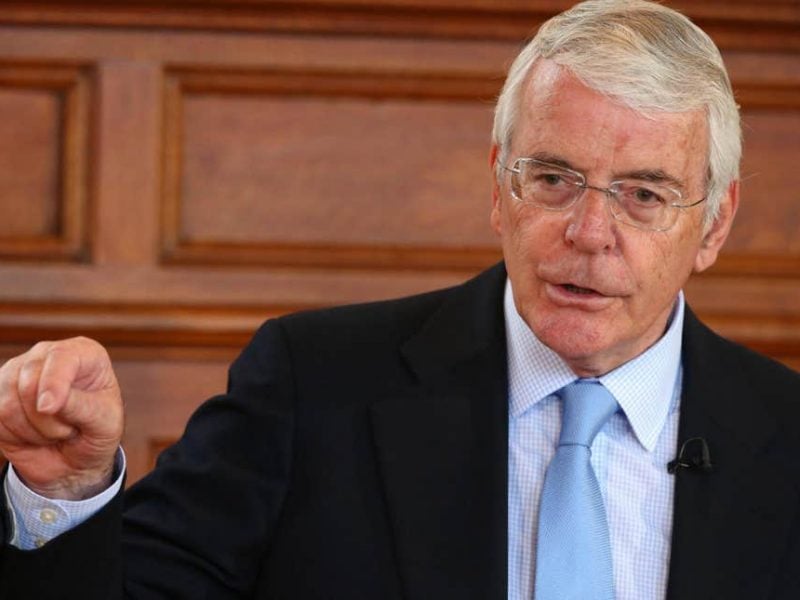
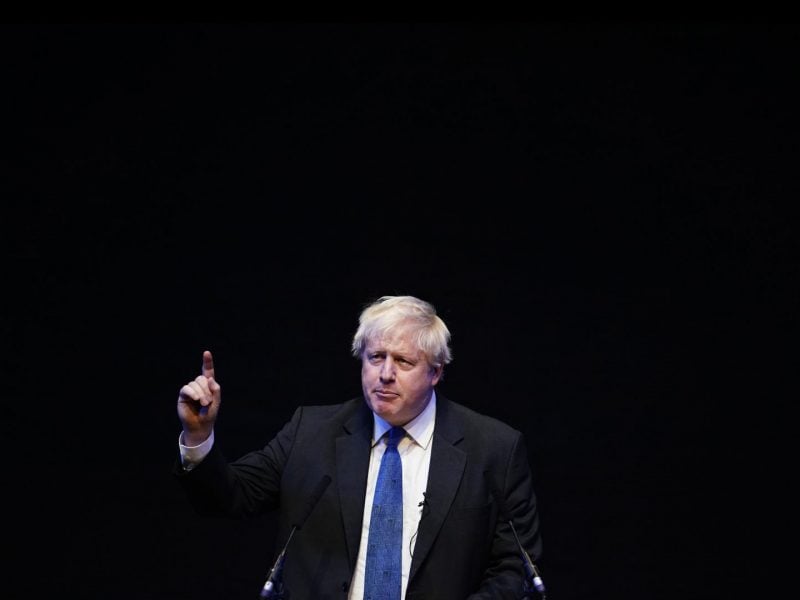
Boris Johnson could technically request an extension to the transition period before 1 July, but the prime minister has ruled this out several times, as he says that he wants to “get Brexit done” and not spend any more time on it. So it’s thought that he will make a very narrow agreement with the EU on the most pressing issues, such as trade and fishing rights, then hammer out the rest of the details gradually after we’ve left.
Realistically, the agreement will need to be sorted by 26 November, as that’s when MEPs will have their last big meeting of the year and they’ll need to discuss the deal then.
Trusted by parents, loved by children and encouraged by teachers.
| £1.00* | Ongoing | |
| £62.99 | 26 weeks | |
| £114.99 | 52 weeks | |
| £1.00* | £26.04 | Save 100% | Ongoing | Direct Debit | |
| £62.99 | £112.84 | Save 44% | 26 weeks | One-off Payment | |
| £114.99 | £225.68 | Save 49% | 52 weeks | One-off Payment | |
* First 6 issues are £1.00. After the 6 issues trial the subscription will step up to £33.99 every 3 months. You can cancel at any time.
Every week in First News you’ll find:
Every week in
First News
First News will be delivered to your door every Friday.
Each week you can look forward to:

20 Things To Know And Tell

Big News

Special Reports

Entertainment

Animal News

Science News

Crazy But True

Puzzles

Sport

